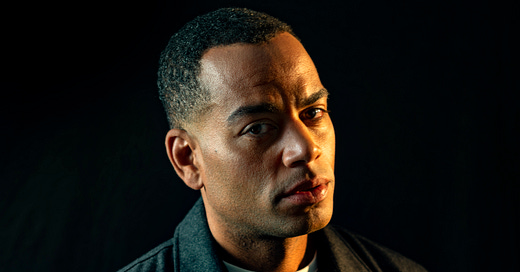Ben Bailey Smith: “As a mixed person, you’re not allowed nuance”
The actor, comedian and rapper on Irish solidarity, being thrown under the bus and mixedness as a Trojan Horse
Hi, welcome back to Mixed Messages! We’re back from our sick leave, speaking to actor, comedian and rapper Ben Bailey Smith, who is of mixed Jamaican and white heritage. Ben is such an incredible voice on race, no matter his medium, so I was excited to sit down with him in North West London and dive into his mixed heritage. Ben is so candid and I can’t …




